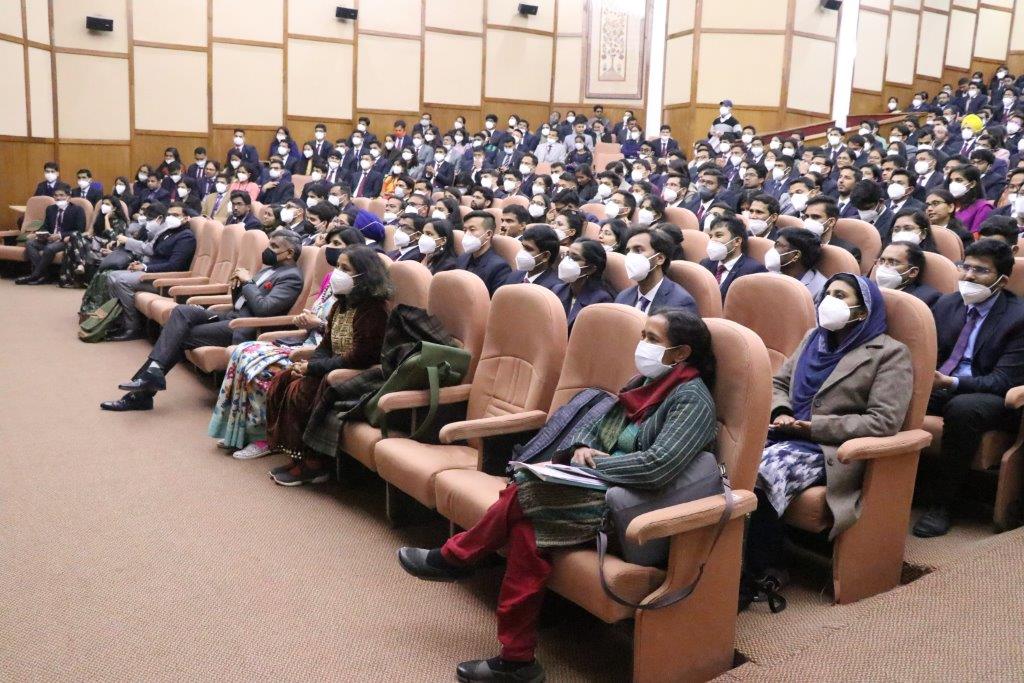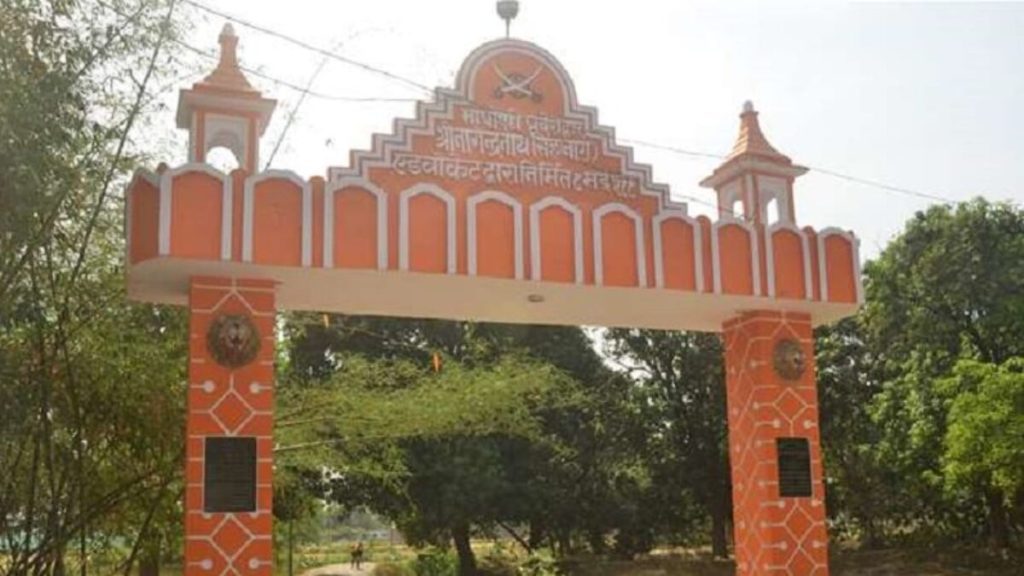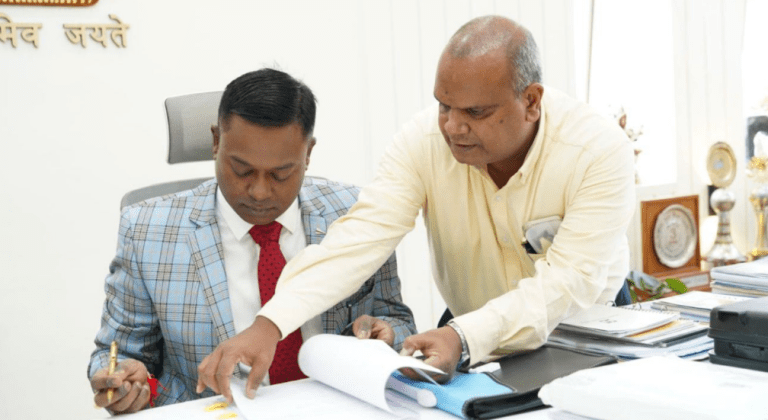A small village in Uttar Pradesh called Madhopatti has the unique distinction of sending a big number of civil servants to work for the country. Situated in Jaunpur district, each household of this village has produced one civil servant at least. For this reason, the village is commonly known as the ‘Officers’ Village of India’.
It has 75 households and almost each one of them can boast of a working or retired civil servant. Indeed commendable, considering that civil service is so difficult to get into, and here, we have one civil servant in every home.
OFFICERS’ VILLAGE HISTORY
Madhopatti village situated in Jaunpur district of Uttar Pradesh is a hub of civil servants, as not only the men but the daughters of the families have also achieved the same heights. Just like Ghahmar village is known as the ‘Village of Jawans’ in Ghazipur, where at least one member is in the army, Madhopati is known as the Officers’ Village of India.
The first ever civil servant from this village was Mr. Mustafa Hussain, father of well-known poet Wamiq Jaunpuri, who joined the civil services in 1914. Who knew at that time that Mr. Mustafa’s legacy will be followed by almost all the families in the village?

Indu Prakash became the second officer from the village in 1952, which was followed by Vidya Prakash in 1953, and so on.
The village has another unique record of four siblings getting selected for IAS. Vinay Kumar Singh, who cracked Civil Service in 1955 retired as Chief Secretary of Bihar. He had two siblings, Chatrapal Singh and Ajay Kumar Singh, who cleared the exam in 1964. The fourth brother Shashikant Singh became IAS in 1968. Chatrapal Singh also served as the Chief Secretary of Tamil Nadu.
It is not only the men, but even the women – the daughters and the daughters-in-law – of the village have touched the same heights. In 1980, Asha Singh became an IAS officer, followed by Usha Singh in 1982 and Indu Singh and Sarita Singh in 1983 and 1994 respectively.
POOR FACILITIES
People who think that this village has access to the best preparation sources or coaching are usually shocked to know that there are no such facilities at all. Even the condition of transport, medical and electricity supply is very poor. This might have a negative connotation, but the main thing to note is that all the aspirants who became civil servants from this village cleared the examination without any coaching and with such poor facilities. This small village which might have not been known otherwise, now holds big value for sending so many men and women to work for the country from the prestigious pedestal of Civil Services.


































